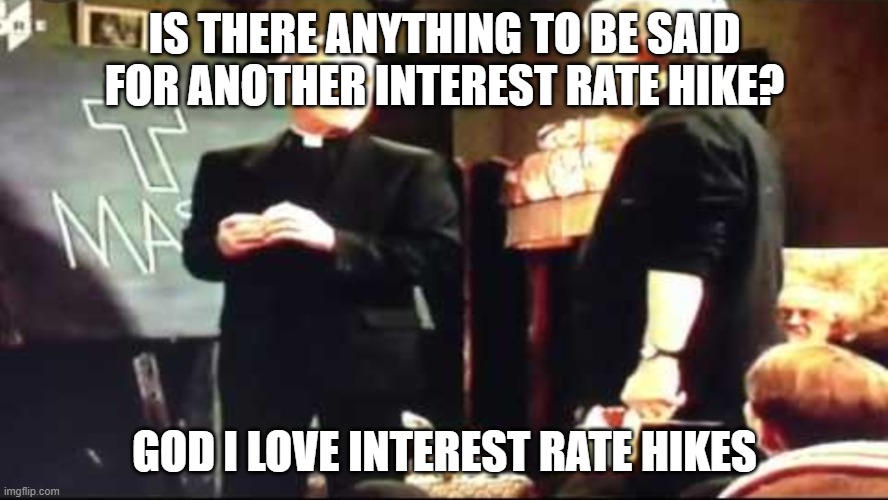Quite right, in GDP statistics, Savings are actually a negative, working against GDP, Investment is a positive, so it should be possible to interpret that from the data.
In other news, there was a very interesting interview by Alistair Campbell and Rory Stewart of Kate Rayworth a couple of weeks ago on their Leading podcast that prompted a number of thoughts about this "Doughnut Economics" and shifting away from GDP Growth as the be all and end all of economics:
Some really excellent and provocative points, I don't think Campbell and Stewart asked particular good questions, but there some ideas there I could really get behind.
As a thought experiment, there's a hilariously bad 100k people commuting by bike in Ireland today, 1.2 million drive to work.
If you increased that to 500k by bike and 800k by car, it'd potentially have a massively negative effect on GDP in the following ways:
Reduced car purchases
Lower spending on fuel
Lower spending on gyms (as what's the point if you're commuting by bike?)
Lower spending on health care as you have a healthier population
Lower spend on road maintenance as bikes do far, far less damage to roads
Lower parking charge income
But would life actually be worse? You'd end up with a healthier population, far less traffic congestion, less road noise and a huge drop in resource usage, with a more sustainable economy.
I would say that's better but in purely GDP terms, it'd suggest it's a much, much worse world.



